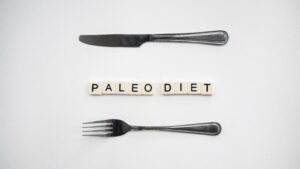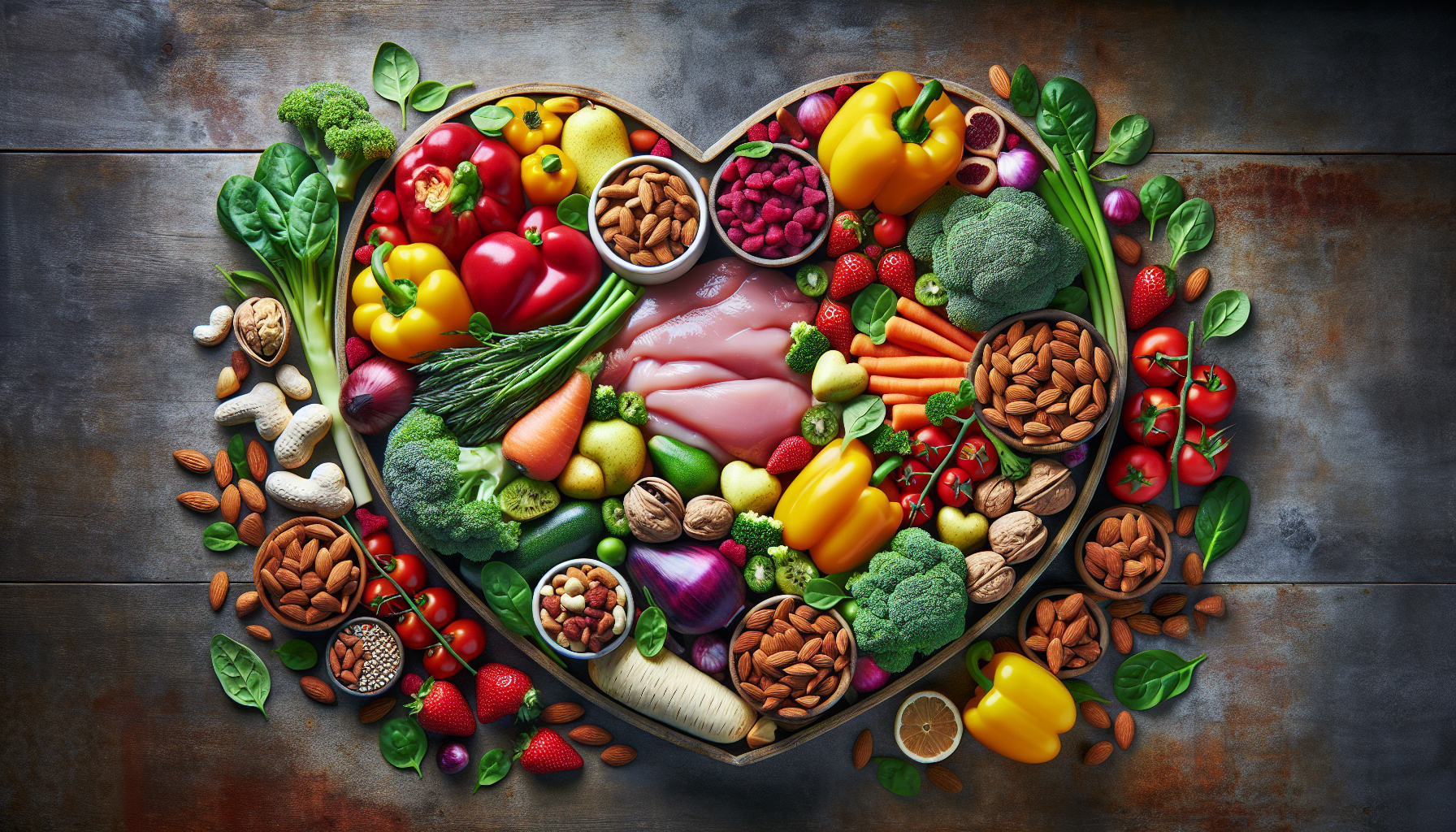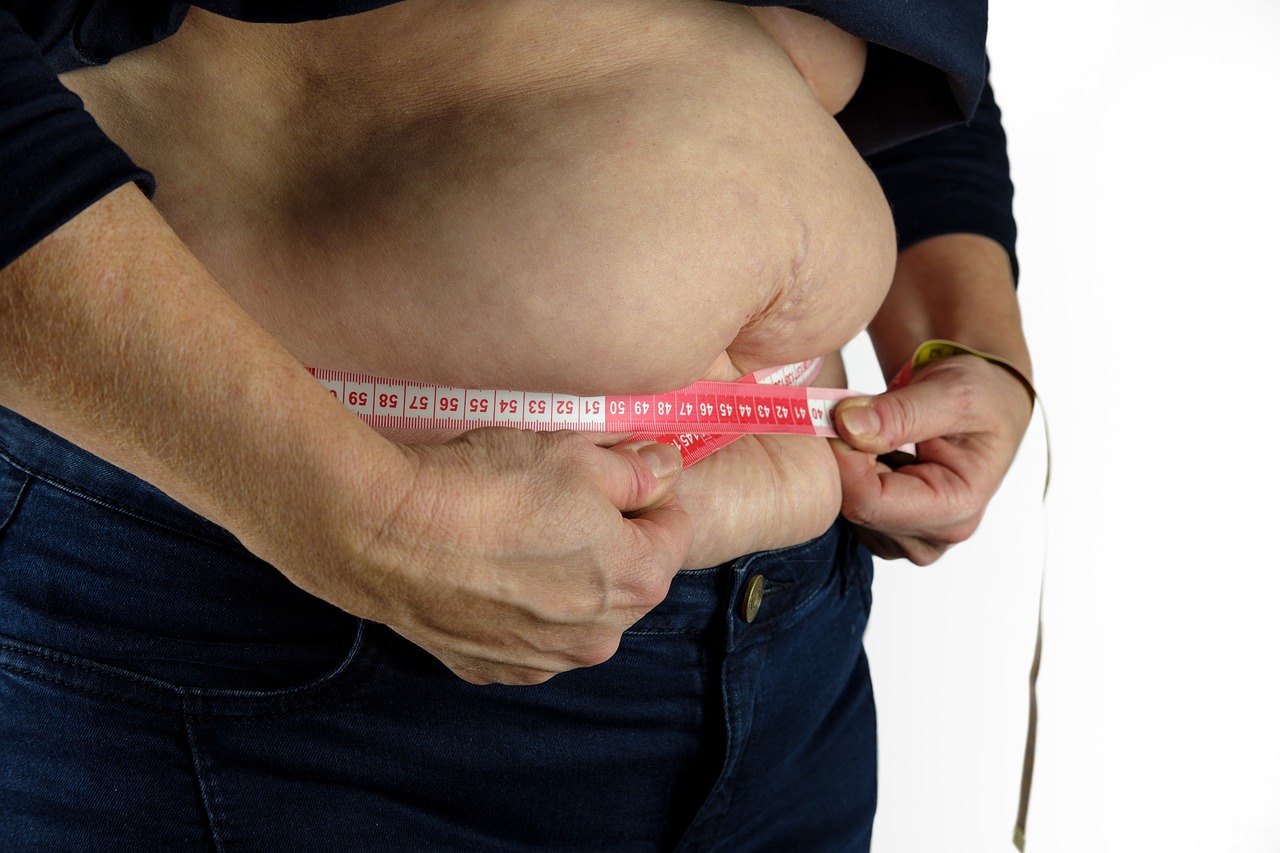Imagine embarking on a culinary journey back to the Paleolithic era, embracing a diet that celebrates whole, unprocessed foods. It’s called the Paleo diet, and it’s not just a trendy eating plan but a lifestyle embraced by many seeking a healthier way of life. As you explore this ancient approach to nourishment, you may find yourself curious about its effects, particularly on cholesterol levels. With the Paleo diet’s emphasis on lean meats, fruits, vegetables, and nuts, understanding its impact on your heart health is crucial in deciding if this is the right path for you. In the article “Paleo Diet And Cholesterol,” you’ll uncover the fascinating relationship between a diet inspired by our ancestors and the modern concern of cholesterol management.
Understanding the Paleo Diet
The Basics of Paleo Eating
Imagine taking a step back in time to the Paleolithic era, when your ancestors roamed the earth. The Paleo Diet encourages you to eat in a way that mirrors their diet, under the belief that modern diets are mismatched with your genetics and contribute to common health problems today. Essentially, Paleo eating focuses on consuming whole, unprocessed foods that would have been available to hunter-gatherers, emphasizing a high intake of vegetables, fruits, nuts, seeds, meat, and fish.
Foods Allowed on the Paleo Diet
In your new Paleo pantry, you’ll stock up on grass-fed meats, free-range poultry, wild-caught fish, and fresh produce. Nuts and seeds are also on the menu, alongside healthy fats like avocado, coconut oil, and olive oil. Remember, the fresher and less processed, the better. This is your chance to explore a diet rich in whole, nutrient-dense foods.
Foods to Avoid on the Paleo Diet
Conversely, you’ll say farewell to anything that requires farming or processing—this means no grains, dairy, legumes, or refined sugars. Processed foods, artificial sweeteners, and most vegetable oils are also off the list. The idea is to keep it simple and stick to foods that would have been accessible tens of thousands of years ago.
Philosophical Origins of the Paleo Diet
The concept of the Paleo Diet is based on the premise that humans are genetically adapted to eat like our Paleolithic ancestors and that modern health issues have arisen because you’ve strayed from that diet. Proponents argue that by returning to the way humans once ate, you can prevent or mitigate chronic diseases that are common in today’s society.
What is Cholesterol?
The Role of Cholesterol in the Body
You might associate cholesterol with poor health, but it’s actually a vital substance for your body. It plays a key role in building cell membranes, producing hormones, vitamin D, and aiding in fat digestion. Without it, your body simply couldn’t function properly.
Types of Cholesterol: LDL and HDL
Cholesterol travels through your bloodstream in two forms: low-density lipoprotein (LDL), and high-density lipoprotein (HDL). LDL is often termed “bad” cholesterol as it can lead to plaque buildup in your arteries, while HDL is known as “good” cholesterol because it carries cholesterol away from the arteries and back to the liver, where it’s processed and removed from the body.
Factors That Influence Cholesterol Levels
Your cholesterol levels can be influenced by a variety of factors including diet, weight, physical activity, age, gender, and genetic makeup. You have some control over these factors, for example, maintaining a healthy diet and exercising regularly, whereas others, like your genetic disposition, are beyond your control.
The Paleo Diet’s Impact on Cholesterol

Potential Benefits for Cholesterol Levels
The Paleo Diet, with its emphasis on whole foods and avoidance of processed items, may be beneficial for maintaining healthy cholesterol levels. Its focus on high-fiber vegetables, lean meats, and good fats can contribute to an overall healthier lipid profile with higher HDL and lower LDL levels.
Research Studies and Findings
Recent studies have shed light on the effects of the Paleo Diet on cholesterol levels. Some research indicates that individuals on a Paleo Diet may experience a significant improvement in their cholesterol profile, including reduced total cholesterol and LDL levels, along with an increase in HDL cholesterol.
Personal Testimonials on the Paleo Diet
Beyond the clinical research, numerous personal success stories abound. Individuals who have adopted the Paleo Diet often report not just weight loss, but also improved cholesterol levels among other health benefits. These anecdotes support the possibility of the Paleo Diet being heart-healthy when followed correctly.
Saturated Fat, Dietary Cholesterol, and the Paleo Diet
Debunking Myths About Saturated Fat
For years, saturated fat was deemed a villain in the world of nutrition, closely linked with heart disease. However, recent research suggests that there isn’t as strong a link as once thought. The Paleo Diet, which includes certain amounts of saturated fats from animal sources, challenges this traditional view and suggests that saturated fats may not be as harmful when consumed in a whole-food context.
How the Paleo Diet Addresses Dietary Cholesterol
The Paleo Diet doesn’t shy away from foods naturally rich in cholesterol, such as eggs and shellfish, because dietary cholesterol has a minimal impact on blood cholesterol levels in most people. It shifts the focus to the quality of the food sources and their nutritional context.
The Scientific Debate on Saturated Fats and Heart Health
There’s an ongoing debate in the scientific community about saturated fats and their link to heart health. Emerging research and perspectives continue to evolve, and the Paleo Diet contributes to this conversation by highlighting the importance of food quality and diet as a whole, rather than singling out individual nutrients.
Nutritional Content of the Paleo Diet
Macro and Micronutrient Breakdown
The Paleo Diet is naturally rich in protein and fiber and has a healthy ratio of fats due to the emphasis on lean meats, seafood, nuts, seeds, and fruits and vegetables. It is low in carbohydrates, particularly refined carbs, which can contribute to a balanced macronutrient intake.
Impact on Inflammation and Oxidative Stress
Whole foods rich in antioxidants and healthy fats can help reduce inflammation and oxidative stress in your body. The Paleo Diet potentially offers anti-inflammatory benefits, given its high content of omega-3 fatty acids, vitamins, and minerals from unprocessed foods.
Comparing Nutrient Density to Conventional Diets
When compared to many conventional diets, the Paleo Diet often comes out on top in terms of nutrient density. This is a measure of the amount of nutrients a food contains in relation to its calorie content. By favoring foods high in nutrients and low in calories, you could be supporting overall health.
Balancing Omega-3 and Omega-6 Fatty Acids
Importance of Fatty Acid Balance for Cholesterol
A proper balance of omega-3 and omega-6 fatty acids is essential for maintaining healthy cholesterol levels. Omega-3s, in particular, have been shown to increase HDL cholesterol and lower triglycerides, while an excess of omega-6s can promote inflammation and potentially lead to higher LDL levels.
Sources of Omega-3s in the Paleo Diet
The Paleo Diet naturally provides omega-3 fatty acids through fish like salmon and mackerel, as well as from grass-fed meats and seeds like flax and chia. By incorporating these foods into your diet, you’re working toward a favorable balance of fatty acids that can support heart health.
Managing Omega-6 Intake on Paleo
To manage your omega-6 intake on the Paleo Diet, it is important to limit sources of processed oils and focus on the quality of fats you consume. Choosing grass-fed meats and avoiding excess intake of nuts and seeds that are high in omega-6s can help maintain the proper balance.
HDL vs LDL: The Paleo Diet’s Influence
How Paleo Promotes a Favorable HDL/LDL Ratio
By focusing on the consumption of whole, nutrient-rich foods, the Paleo Diet may help promote an improved HDL/LDL ratio. Foods like avocados, nuts, and olive oil contribute to higher levels of good HDL cholesterol, while the avoidance of processed foods may lead to lower LDL levels.
The Role of Dietary Fiber in Cholesterol Management
Dietary fiber, found abundantly in vegetables and fruits allowed on the Paleo Diet, has been shown to bind cholesterol in the digestive system, leading to its elimination from the body. This can have a beneficial effect on your cholesterol levels, particularly in reducing LDL cholesterol.
Influence of Exercise and Lifestyle Factors on HDL and LDL
It’s important to remember that diet is just one part of the equation. Exercise and other lifestyle factors play a crucial role in managing cholesterol levels. Regular physical activity can increase your HDL cholesterol and lower LDL cholesterol, complementing the effects of the Paleo Diet.
Real-life Implications for Individuals with High Cholesterol
Case Studies of Paleo Dieters with High Cholesterol
Several case studies show individuals with high cholesterol experiencing a significant improvement in their lipid profiles after adopting the Paleo Diet. These cases often illustrate not only the dietary changes but also the incorporation of an overall healthier lifestyle.
Adjusting the Paleo Diet for Hypercholesterolemia
For those with high cholesterol, the Paleo Diet may need to be tailored to address specific concerns. This could mean focusing more on lean meats and fish high in omega-3s, and being mindful of saturated fat intake, even though it may not be harmful for everyone.
When Paleo Diet Might Not Be Ideal for Cholesterol Management
While the Paleo Diet can offer benefits, it’s not a one-size-fits-all solution. Some individuals might not respond favorably to this way of eating, especially if they have a genetic predisposition to high cholesterol. It’s essential to monitor blood lipid levels regularly and consult with a healthcare professional.
Cholesterol Management Beyond Diet
The Necessity of Regular Cholesterol Screening
Regardless of the diet you follow, regular cholesterol screening is crucial to understand your cardiovascular health. You should work with your healthcare provider to determine the appropriate frequency for these tests, based on your individual risk factors.
Complementary Lifestyle Changes
Alongside diet, other lifestyle changes can help manage cholesterol levels. This includes quitting smoking, reducing alcohol intake, managing stress, and getting enough quality sleep—all contributing to a healthier heart and circulatory system.
Medical Interventions and Paleo Diet Compatibility
In certain cases, dietary and lifestyle changes may not be enough, and medication might be necessary. If you’re on medical treatment for high cholesterol, the Paleo Diet can still complement your regimen, but it’s important to discuss any dietary changes with your healthcare provider to ensure they align with your treatment plan.
The Future of Paleo: Cholesterol and Beyond
Evolving Perspectives on Diet and Heart Health
As science progresses, so do perspectives on diet and heart health. The Paleo Diet is part of this evolution, challenging old assumptions and encouraging a fresh look at what it means to eat healthily for your heart.
Incorporating Paleo Principles in Modern Diets
You don’t have to follow the Paleo Diet religiously to benefit from its principles. Incorporating aspects of Paleo, such as focusing on whole foods and reducing processed food intake, can improve the nutrient quality of your modern diet.
Emerging Research and Developments
The conversation about diet, cholesterol, and heart health is ongoing, with new research emerging regularly. Staying informed and adapting as science advances ensures you glean the best information to maintain heart health in today’s world. Whether you fully embrace the Paleo Diet or take a more eclectic approach, the goal is to find a dietary pattern that helps you live a healthier, more vibrant life.




